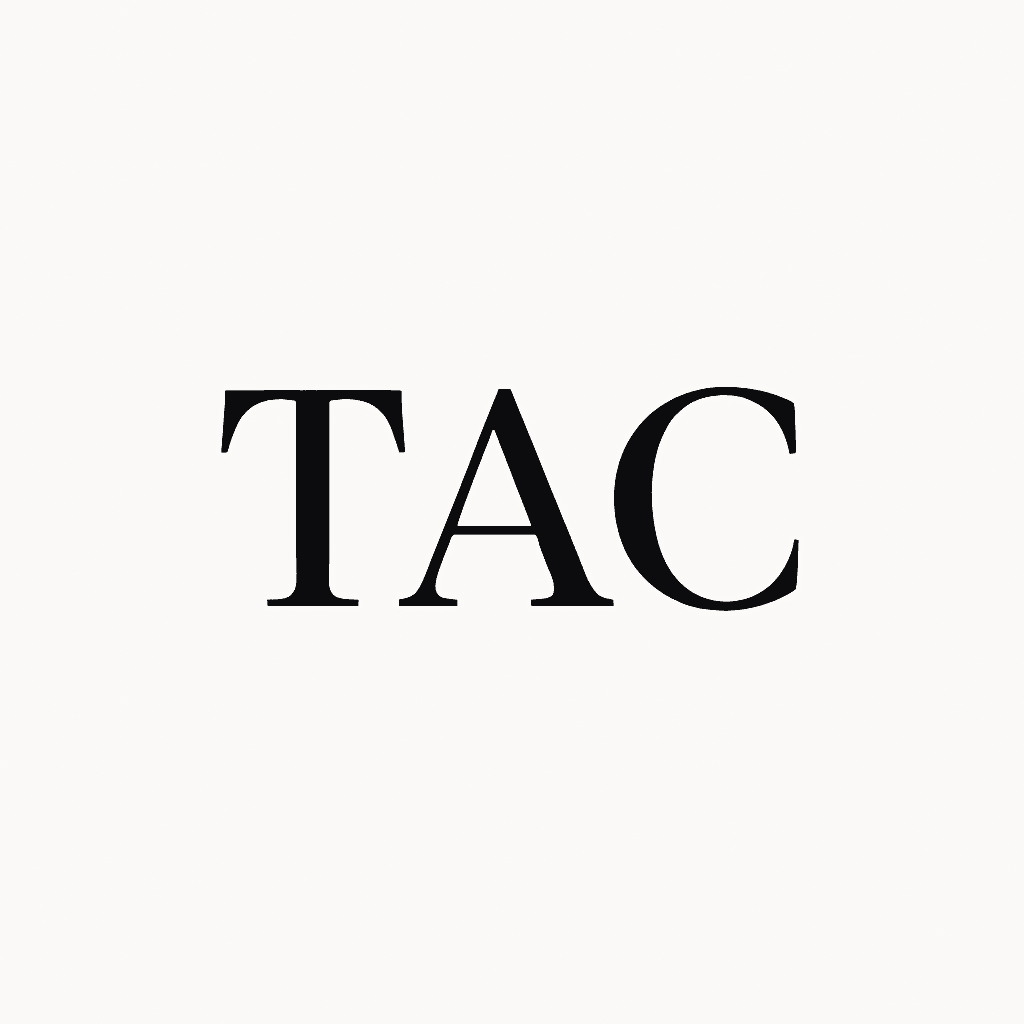
The Future of Humanity in the Age of AI
The rapid advancement of Artificial Intelligence (AI) is reshaping the landscape of human existence. As we stand on the precipice of a new era, it is crucial to consider what the future holds for humanity.
AI technology is permeating various aspects of our lives, from healthcare to education, making processes more efficient and unlocking unprecedented potential. In healthcare, AI-driven diagnostics are improving patient outcomes, while in education, personalized learning experiences are enhancing student engagement. The implications of these technologies are profound.
However, this surge in AI also presents significant challenges. Job displacement is a pressing concern, as machines automate tasks traditionally performed by humans. It is imperative that we develop strategies to reskill workers and transition into new roles that AI cannot easily replace. Simultaneously, ethical considerations surrounding AI governance must be addressed to ensure that these technologies are utilized for the greater good.
Moreover, the integration of AI into decision-making processes can lead to enhanced capabilities but raises ethical dilemmas regarding accountability and bias. Society must establish robust frameworks to govern AI usage, promoting transparency and fairness.
As we look towards the future, collaboration between technologists, policymakers, and society is essential. It is a collective responsibility to shape an era where humans and AI coexist harmoniously, harnessing the power of technology to address the world’s most pressing challenges. This epoch could redefine what it means to be human, expanding our capabilities and improving quality of life.
In conclusion, the future of humanity in the age of AI holds immense possibilities and challenges. By embracing this transformative technology thoughtfully, we can forge a path that leads to a prosperous future.